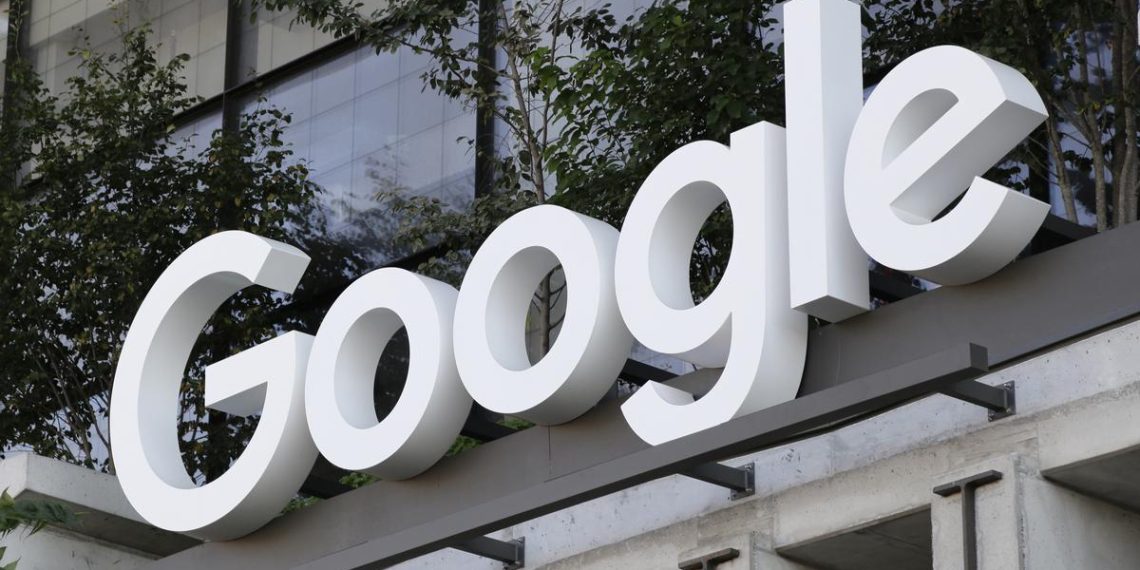Alphabet Inc’s Google announced adjustments to its labor policies, removing the requirement for U.S. suppliers and staffing firms to pay employees at least $15 per hour and provide health insurance and benefits.
This move is seen as a response to evolving labor regulations and potential challenges with union negotiations.
The decision to roll back the 2019 policy, along with other measures like restricting access to internal systems for temporary workers and vendors, aims to bring Google in line with shifting labor regulations globally.

A spokesperson clarified that Google has never considered itself the employer of supplier employees and seeks to comply with industry standards.
The change comes in the wake of a ruling by the U.S. National Labor Relations Board, which deemed Google a “joint employer” of workers from staffing firm Cognizant Technology Solutions.
The board cited Google’s 2019 policy as evidence of its control over workers despite not directly employing them. Google is contesting this decision.
Labor regulations are evolving to make it harder for companies to avoid bargaining with temporary and contract workers.

The National Labor Relations Board’s recent rule, intended to consider companies as employers of contract workers if they have indirect control over working conditions, faces legal hurdles after being blocked by a federal judge in March.
Google asserts its commitment to ensuring safe working conditions and compliance with legal obligations through its supplier code of conduct.
While most of its suppliers operate in states with a minimum wage of at least $15, Google’s move reflects the need to adapt to changing regulatory landscapes and labor dynamics.





